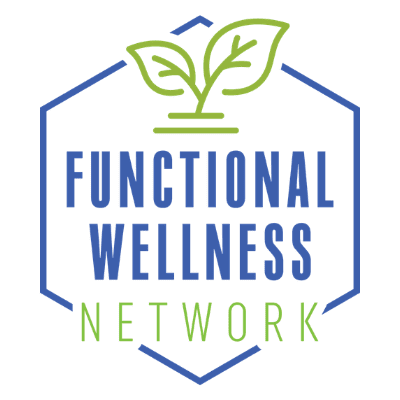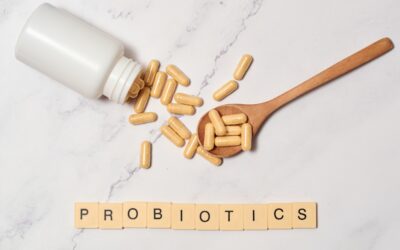Nutrition refers to the nutrients that make up food, it involves the processes that happen in your body after eating, i.e. the obtaining, assimilation and digestion of nutrients by the body. While food is the choice, preparation and consumption of food, which is closely related to the environment, traditions, economy and the place where you live.
A healthy diet satisfies the body’s nutritional requirements for good health. In addition, maintaining a healthy weight helps prevent diseases such as diabetes, high blood pressure and obesity. However, because they are often high in fat and sugar, “unhealthy” foods are high in calories and low in nutritional value.
Nutrition is the intake of food in relation to the body’s dietary needs. Good nutrition (a sufficient and balanced diet combined with regular physical exercise) is a fundamental element of good health. Reduced immunity, increased susceptibility to disease, impaired physical and mental development, and decreased productivity are effects of poor nutrition. Healthy eating is crucial to prevent diet-related risk factors such as obesity and overweight, as well as related noncommunicable diseases.
Consumption of foods and beverages high in critical nutrients (salt/sodium, sugar, saturated fat, and trans fat) has been associated with increased risk of diet-related risk factors and associated noncommunicable diseases, as well as wasting, stunting, and deficiency diseases.
A balanced diet is fundamental to good nutrition because it promotes lifestyle-enhancing habits.
Healthy eating involves eating in moderation and paying attention to the three food groups: carbohydrates, fats and proteins. Individual differences affect the amount of food we should eat at each meal. It is crucial to make lifestyle changes that involve your family with a diet rich in vegetables, fruits, legumes and some animal foods.
There are different types of nutrition: autotrophic and heterotrophic.
Autotrophic nutrition is the one performed by living beings that feed themselves by producing their own food. It is typical of plants, which are able to take environmental substances and produce their own food.
Heterotrophic nutrition is typical of animals, which consume substances that have previously taken up environmental substances to feed themselves. Therefore, plants, meat or both are consumed, as in the case of humans, and through these foods, the substances necessary for the organism are obtained.

Decalogue of healthy nutrition
-A balanced and moderate diet that includes foods from all food groups should be varied (without excluding or abusing any). No one food is better for your health than another.
-It is recommended to have at least four meals a day, focusing on eating smaller portions at each one and trying to limit the size of dinners in particular.
-Proteins should be evenly distributed between those of animal origin (meat, fish, dairy and eggs) and those of vegetable origin (legumes, nuts and cereals), being ideal a distribution around 50%.
-Carbohydrates should provide 50-60% of the total energy consumed, mainly from complex carbohydrates, which are mostly found in cereals, some vegetables, fruits and legumes.
-Saturated animal fats (meat, sausages, milk, cheese, butter, etc.) and vegetable fats (coconut and palm) should not exceed 10% of the intake. Therefore, the consumption of monounsaturated and polyunsaturated fats (chicken, sardines, herring, mackerel, tuna, bonito, salmon) and the use of vegetable oils for cooking and seasoning, especially olive oil, should be encouraged.
-Fiber intake. Whole grains, fruits and vegetables with skin, legumes and vegetables are the main sources of fiber.
-Maintaining an adequate intake of vitamin D and calcium. Vitamin D is found in few foods (fatty fish). Dairy products and small fish with head are the foods that provide the greatest amount of calcium.
-The diet should have a high variety of fruits, vegetables and legumes, for their high fiber, vitamins (antioxidants) and minerals. Fish consumption should be higher than meat consumption and 3 to 4 eggs per week. The consumption of dairy products should reach 3 servings a day, being optimal a fourth serving in women.
-Moderate the consumption of sugar, sweets (less than 10%) and salt (less than 6 g/day), but do not exclude them completely from the diet. Reduce consumption of sausages to a maximum of 1-2 days per week.
-Drink water at regular intervals even if you are not thirsty. Water, juices, broths, infusions, etc. are preferred. It is recommended to limit alcoholic, carbonated and stimulating beverages (a small glass of wine at lunch and dinner, if appropriate).

You will be able to choose or define your daily diet with better decisions if you have a general understanding of nutritional values.
At Functional Wellness Network we focus on giving you the tools you need to be aware of how important your health is and improve it in a natural and preventive way with functional medicine.
In addition, we provide turnkey solutions to the healthcare sector, giving them the opportunity to raise the level of care for their patients.
Learn more about us by visiting our website:
www.functionalwellnessnetwork.com
or contact us at:
Text Antioxidant Scanner on
858-899-8880
Dr. Mansi Shah
Functional Wellness Network
www.functionalwellnessnetwork.com




